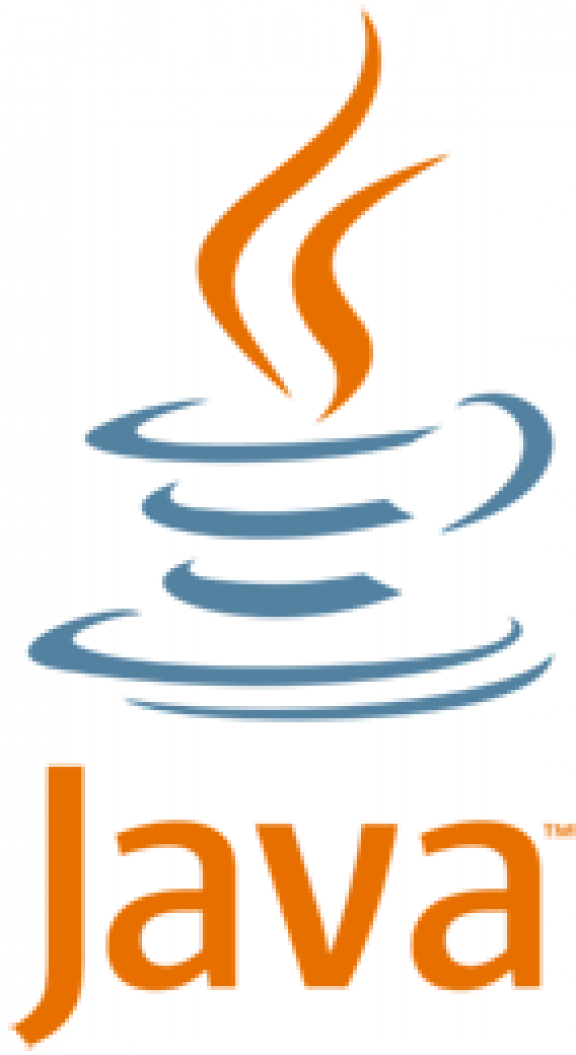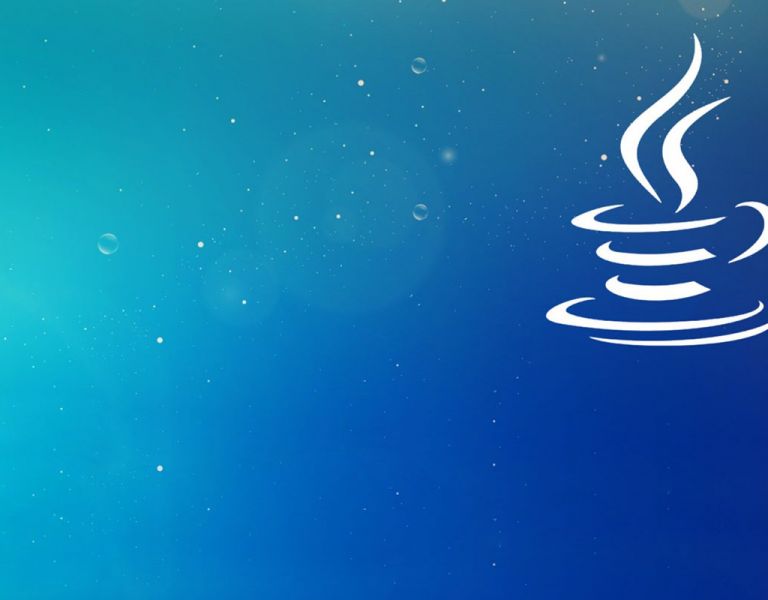In January 2019 Java SE 8 reached its end of support and commercial users no longer benefitted from free updates. Oracle had previously changed their Java licensing, packaging and update policy. A few of our clients have started asking questions about this as there appears to be a certain amount of confusion and ambiguity in the market place. So, we thought we’d summarise and provide our understanding of what these changes mean to our Oracle customers.
Using Java post-January 2019
The key question we are being asked is, “do we need to pay to use Java if I use Oracle E-Business Suite?”. We know you’re busy and don’t want to spend hours reading a blog about Java licencing, so let’s cut to the chase:-
In all likelihood the answer is NO, this is why!

1) Licenses for certain Oracle products, e.g. WebLogic & E-Business Suite, grant access to Oracle’s commercial Oracle JDK license (regardless of version, but we recommend you use a certified version), including support & updates, for the servers and/or PCs where that product is used. We assume the entitlement to Oracle JDK updates is subject to support being maintained on the product(s) that grant the Java rights. Of course, if the licenses are terminated (or are term licenses that expire), access to Oracle’s commercial JDK license is also forfeit. Note that if Oracle JDK is licensed on a PC via another Oracle product, e.g. E-Business Suite, then that install of Java may be used with any other product.
2) Similar to the first point, software vendors other than Oracle whose products require Java may include Java update subscriptions in their licenses.
3) Even if you don’t use a product that includes an entitlement to Java updates, those components of Java that were available free of charge remain free to all users. Java SE 8 end of life means updates are no longer available for that version but Java otherwise remains free. However, licensing and packaging changes means users of Java 11+ must use OpenJDK or have a subscription to use Java SE. But that subscription is not required unless either:
(a) updates are wanted from Oracle for de-supported versions of Java, or
(b) organisations wish to use Oracle JDK 11+ (as opposed to any distribution of OpenJDK), or
(c) support is required, or
(d) access to the commercial features is wanted.
Organisations have always had to pay for points a, c and d. It is a new requirement that organizations must pay for Oracle JDK 11+ but they still have free access to the fully functional OpenJDK 11+.
4) From January 2019, commercial users can no longer receive free Java 8 updates from Oracle. Nothing else changes on this date, e.g. Java 8 may still be used (by all users) without charge.
Obviously, there are always unique client situations that don’t fall into the above categories, we think we’ve got pretty much all of you covered, but if you have any further questions then get in touch with us.
The following document (and the documents it cites) are very useful in supporting much of this analysis:
This blog from Oracle’s Senior Director of Product Management is also useful, especially in stressing the interchangeability of Oracle JDK 11 & Oracle OpenJDK 11:
Insights and updates on Java SE and OpenJDK from the Java Platform Group Product Management Team
Choosing the right Managed Services Provider
If you are looking for an Oracle partner who can help you with your technology investment, goes about it the right way and can back up the talk, then contact us. You can email us at info@claremont.co.uk or phone us on +44 (0) 1483 549314.
